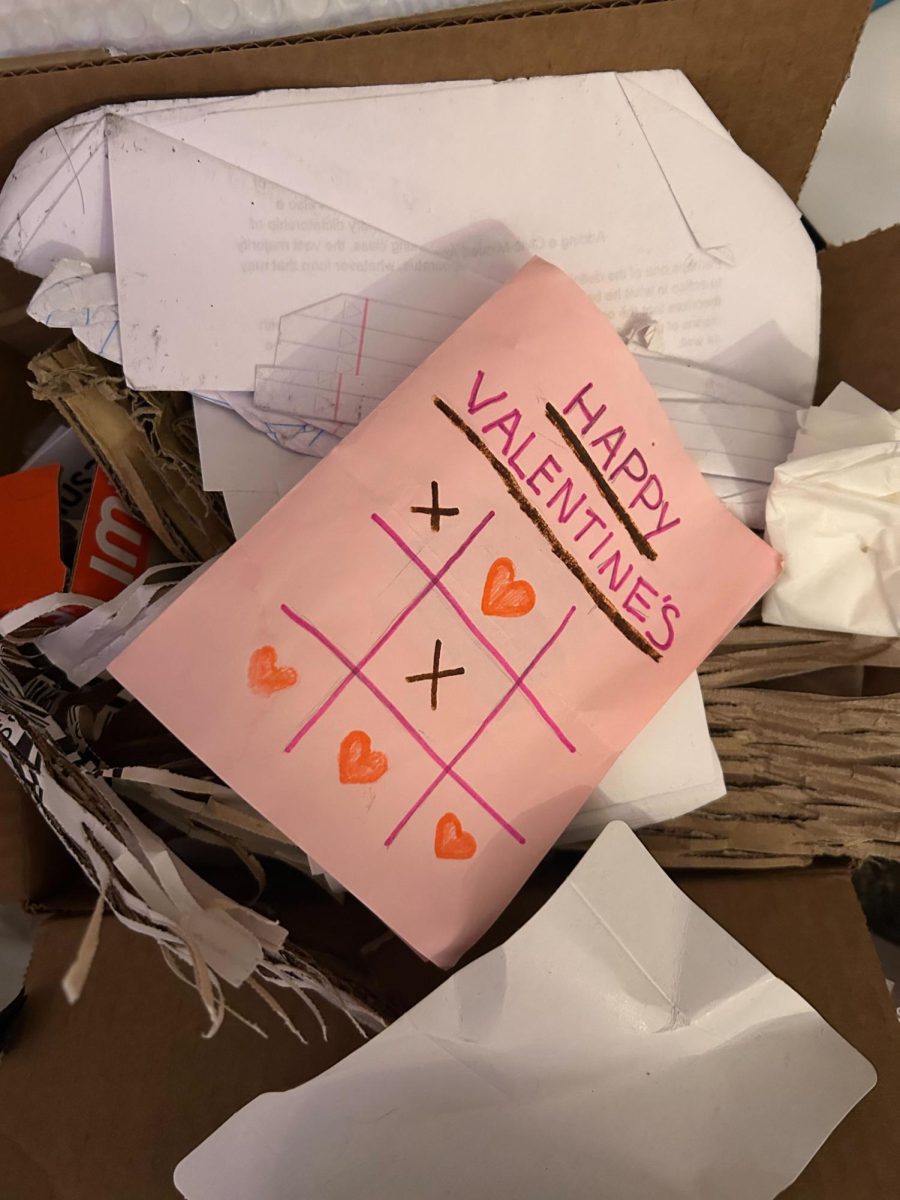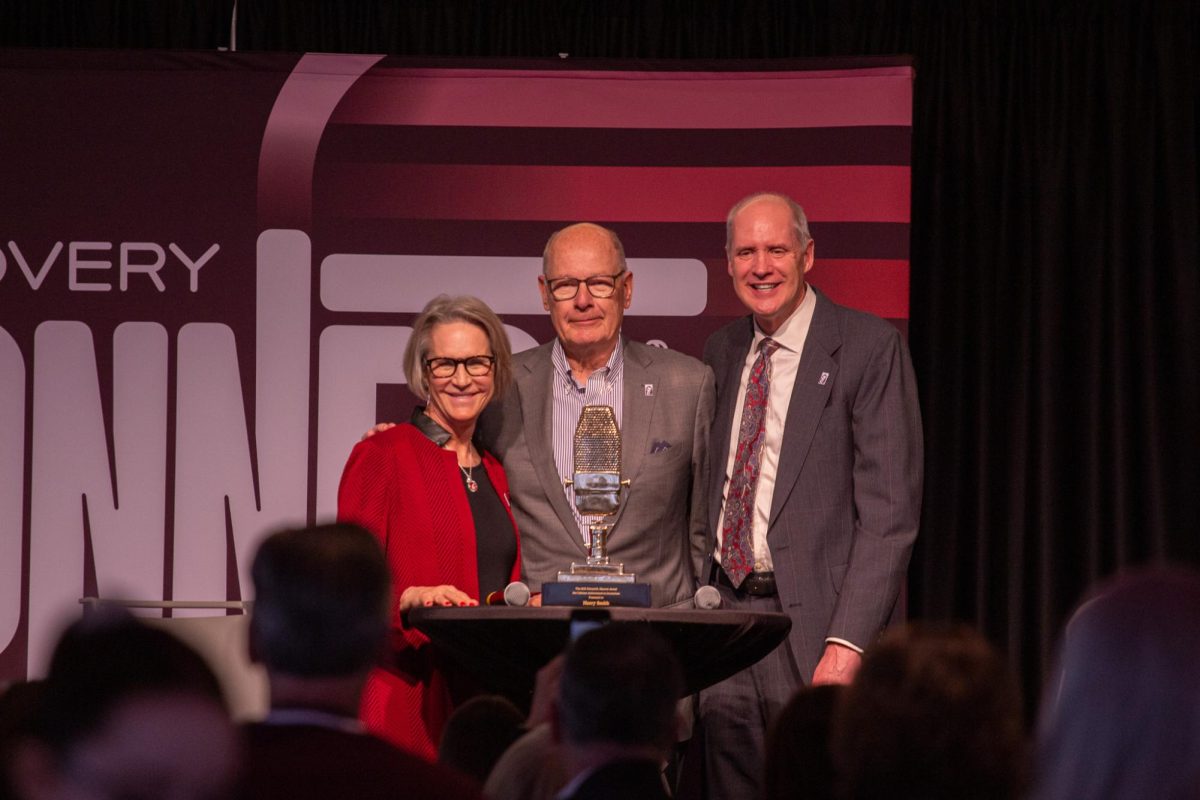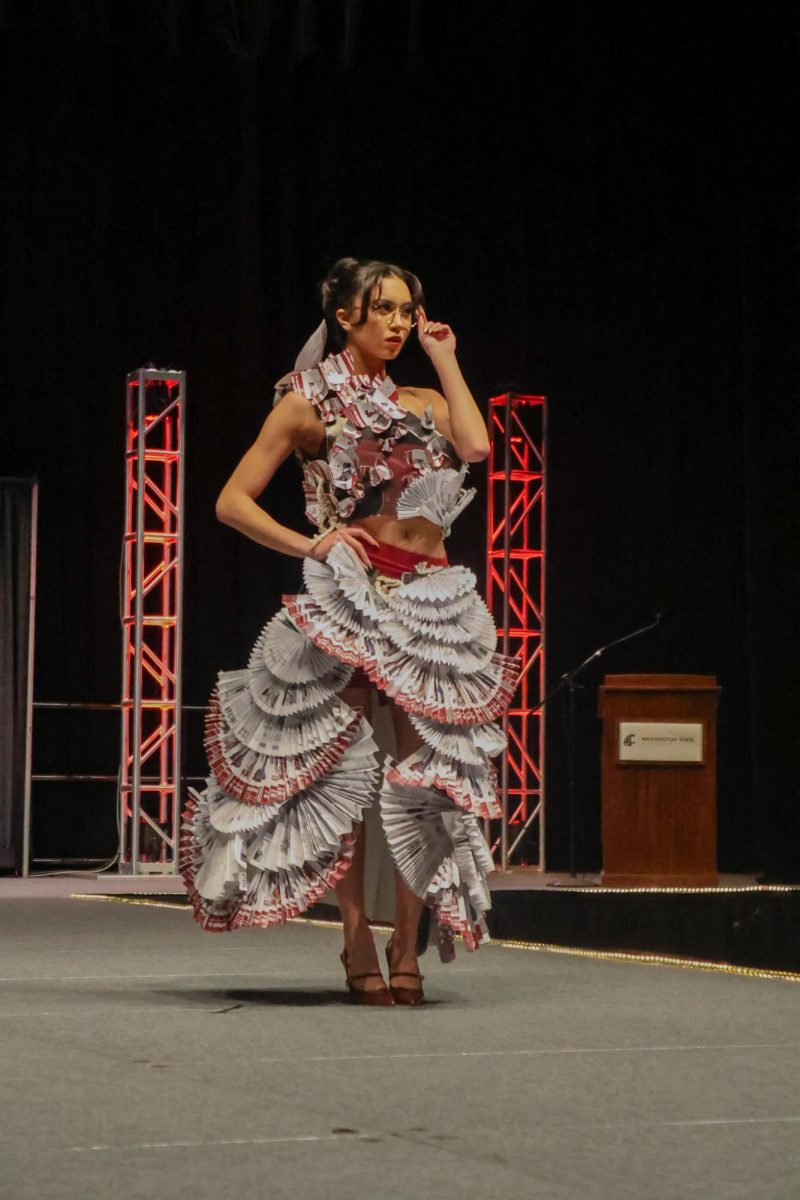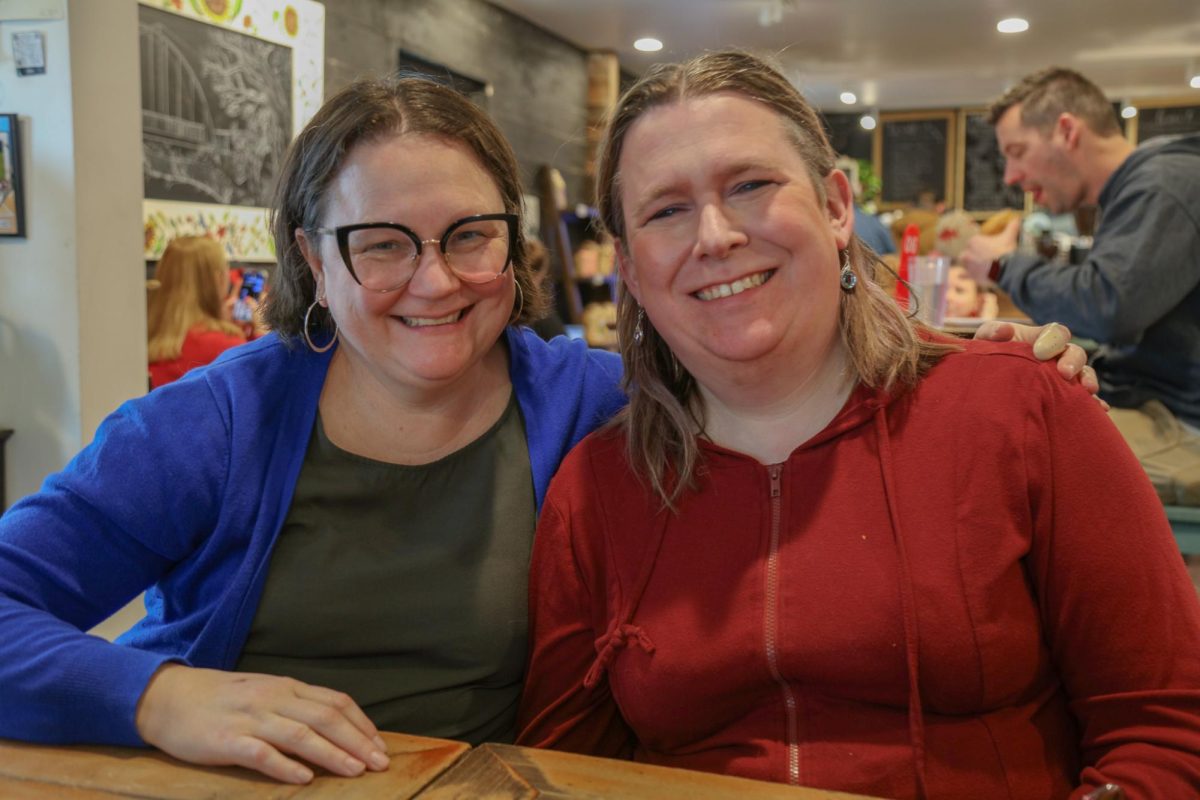Tinder, Hinge, Bumble, Christian Mingle, Match.com, OKCupid and countless other dating services reflect our collective desperation to avoid being single. The title “single” is like a scarlet letter—a contagious identity.
It’s associated with negative traits: ugly, unlovable, lonely, sad and a host of other adjectives that describe those wading through the swamp of dating apps, hoping to find a cure for their condition of eternal suffering and loneliness.
The Soulmate™—the mystical, mythological figure who will solve all your problems, and the sun will shine through the rain.
The ‘Big Three’ dating apps—Tinder, Bumble and Hinge—are the most popular and common way to meet potential romantic partners. They offer a space where mutual consent is established, and users’ intentions are clear. This is the widely accepted, positive view of dating app culture. But it is hard not to see these sites as a form of shopping.
The swipe—an instant, like or dislike objective assessment of potential partners—feels streamlined in a way that meeting people should not be. While the basic versions of these apps are free, all three offer membership tiers that unlock additional features, promising a more effective way to find your soulmate. The most optimized method of finding forever love lies just beyond a small monthly payment. It is a reasonable price to pay for true love.
Our culture revolves around setting and achieving goals. It is more efficient and productive to make goals, achieve them, and move on to the next one. Dating and relationships have become goal-oriented. When my parents were young and dating, it meant something different. Dating was casual, exploratory and did not necessarily mean committing to a single person.
Now, when I talk to friends or peers, they have sold their souls to their partners and are desperate to get married, have children and live the whole traditional life. Relationships, dating and marriage have become socially equivalent to getting a degree or a job—they are a status symbol.
Why then, are we all so desperate to be validated by a romantic partner? If I wanted to get serious, I could dive into the patriarchal expectation of tradition and gender roles, but let’s keep it simple: we are all sad and lonely.
It is hard to meet people naturally in the “real world.” Love and belonging are basic psychological needs, and forming relationships with others is essential to our well-being. Desperation can happen when these needs are unmet. The problem with desperation for romantic relationships, dating apps, Valentine’s Day and self-pity is that none of it is necessary.
Friendships are the most important relationships in life. Deep emotional intimacy can—and should—exist in close friendships, and the self-actualizing validation people seek in romantic relationships can be found in friendship.
Of course, romantic relationships have elements that do not always translate to friendships, but the emotional connections people are desperate for are accessible without romance. In fact, the emotional fulfillment found in friendships can be just as satisfying as in romantic relationships.
Romantic relationships are great, but they are often more complicated than they’re worth. Friendships tend to be simpler, and the emotional benefits are the same.
The bottom line: time will pass regardless. Do not waste it wishing you were in a relationship. Enjoy being single! Enjoy a casual Friday to yourself while those in relationships stress over gifts and reservations. Buy yourself chocolate and flowers, and watch a horror movie. My roommate and I are dressing up to watch the season premiere of Love Is Blind, and then we’ll change into our pajamas and watch Scream.
I am not stressing over being single on Valentine’s Day because I know romance is not the end-all, be-all. My single life is far from empty, and I hope my fellow “lonely losers” find solace in the fact that Valentine’s Day is a day off for the rest of us.









